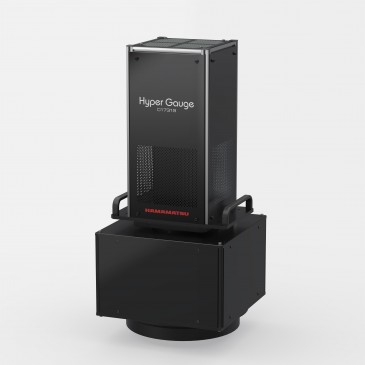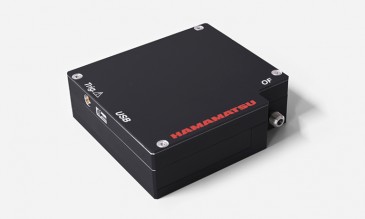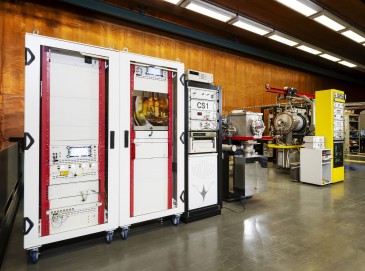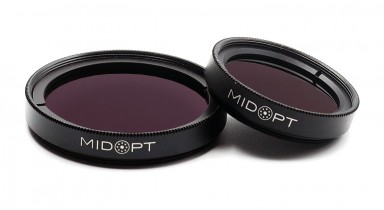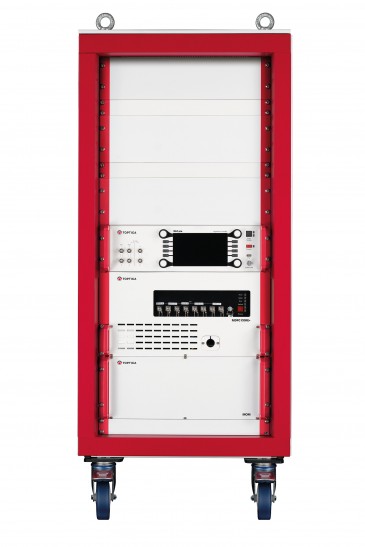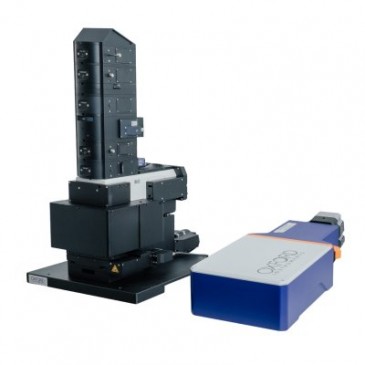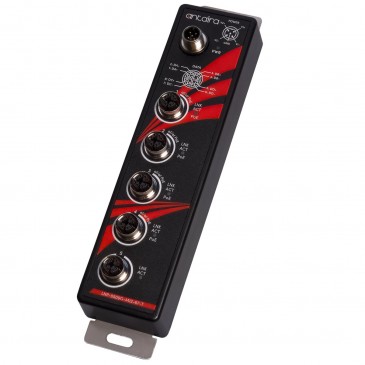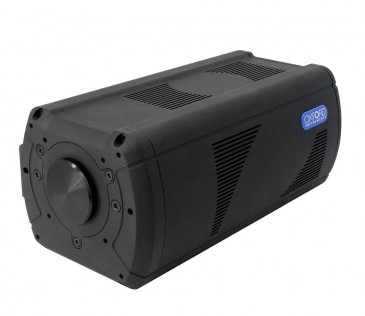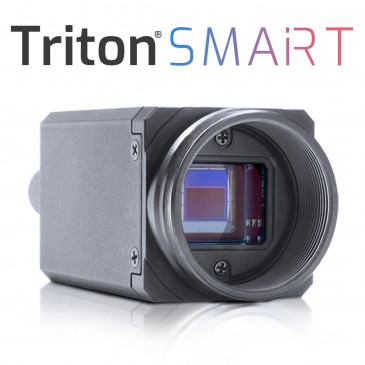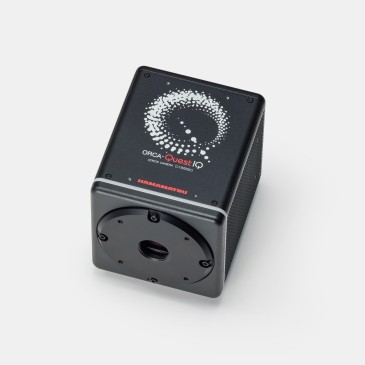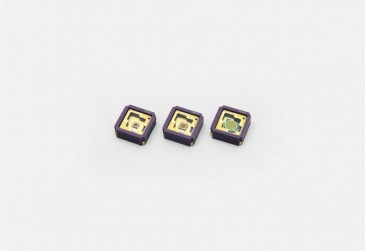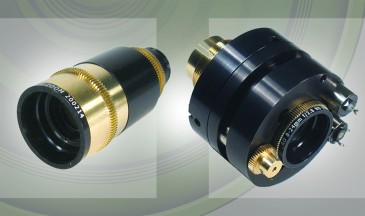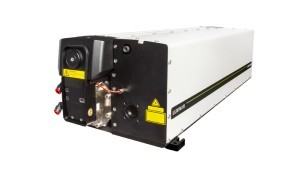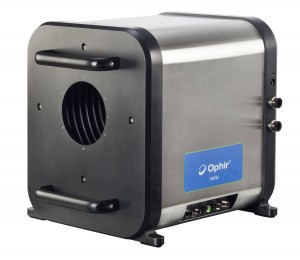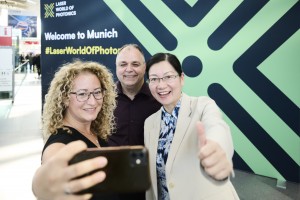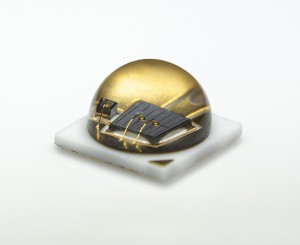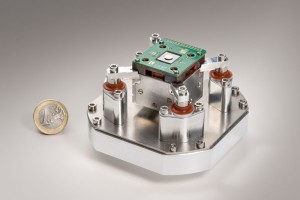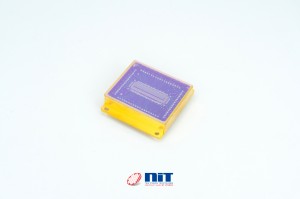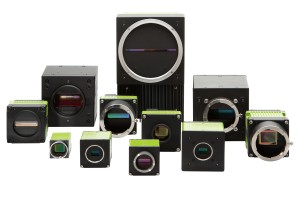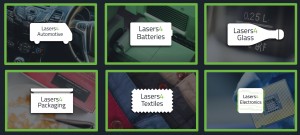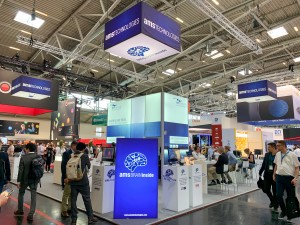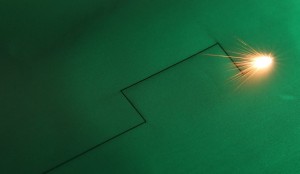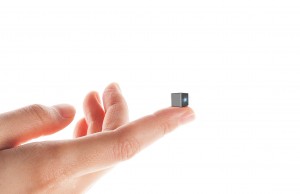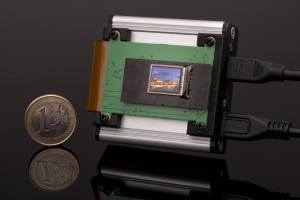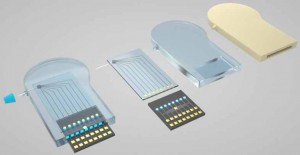
Bialoom is a Cyprus based start-up developing silicon plasmo-photonic biochips to enable rapid diagnosis and treatment of severe infections. Jose Pozo, EPIC’s CTO, interviewed Dimitris Tsiokos, CEO of Bialoom to learn about the development of the company that pairs silicon photonics and plasmonics.
Early career
In 1998, Dimitris began a BEng in Electronic Engineering at the University of Southampton. Having developed a passion for integrated photonics at ORC, on graduating in 2001, he went to Imperial College London to study an MSc in Optics & Photonics, where he focused on optical switching.
A year later, feeling homesick, he decided to move to the National Technical University of Athens to do a PhD in Electrical & Computer Engineering. His main research topics were optical signal processing, photonic integrated circuits, and optical communication systems, and after his PhD in 2007, he worked for a year as a Senior Project Engineer for a telecom engineering company on SDH/PDH wireless and optical network design and installation.
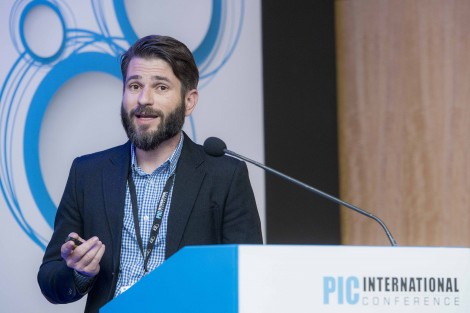
Over the next ten years, Dimitris held a number of postdoc research positions. These included the post of Research Associate at the Center for Research & Technology Hellas, where he focused on photonic data communications and processing systems, and optical sensors for biomedical applications followed a period as Marie Curie Fellow working on photonic pressure sensors in human machine interfaces. Then, in 2012, he became a Principal Researcher at the Center for Interdisciplinary Research and Innovation at the Aristotle University of Thessaloniki. In this position, he was responsible for managing R&D programs involving PICs, silicon photonics, plasmonics for datacom and sensing applications, radio over fiber and optical communications, as well as business development, which included fundraising, new technology development and developing strategic alliances.
Bialoom
Towards the end of his postdoc research, Dimitris began to think about what to do next. One option was to stay in academia, but although staying in academia had the advantage of job security, after almost 20 years of studying and research, he wanted something new. Another possibility was to go into industry; however, the drawback here was that as there was not much of a photonics industry in Greece, finding a job would mean having to move himself and his family abroad.
Accordingly, Dimitris began to seriously consider an alternative option of setting up his own company in Cyprus to commercialise the technology he’d developed with Prof. Nikos Pleros and their colleagues at Aristotle University of Thessaloniki. By 2019, having found a co-founder and an angel investor, both of whom were Cypriots, Dimitris took the plunge and created the start-up, Bialoom, with himself as CEO and the support of the high-tech incubator “Gravity” in Nicosia.
Bialoom’s mission would be to leverage its proprietary silicon plasmo-photonic biosensor technology to fabricate high-performance and affordable biochips capable of detecting the presence of severe infections. The best of both worlds, silicon photonics and plasmonics are coming together onto a single biochip. These biochips would be embedded in a disposable cartridge as part of a portable, point-of-care diagnostic device for rapid detection of bio markers in the patient’s blood indicating the presence of infection.
The advantages of this approach would be rapid, super-sensitive detection of multiple critical biomarkers from just a single drop of blood, and a relatively cheap device based on low-cost volume manufacturing of the chips. Such a device would be ideal for point-of care diagnosis and treatment in both hospitals and local community clinics.
Company development
Team building: Soon after Bialoom was set up, one of the main co-founders, with experience in biotech, decided to leave the company to take up a permanent position at a research institution. This was a major blow to the development of the team as it took some time to find a replacement with the required knowledge and expertise. For Dimitri, building the team has been the most difficult challenge - not only in terms of finding people with the right skills but also keeping them in Cyprus in the face of competition from abroad. Soon after, straight from the Aristotle University research team, Thanasis Manolis joined the founding team and re-started the company. Bialoom was not only back on track but at the time, it was running faster than before. Dr George Tsekenis, an experienced biochemist and researcher came in right after to lead the bio-technology division, boosting exceptionally the company R&D. A few more hirings of motivated, top-class professionals, enthusiastic engineers, scientists, supporters and advisors, gradually formed a powerful and committed team. Pre COVID, their main recruitment strategy was to talk to people in the biotech and biosensing community at conferences and to gradually build relationships with a view to bringing the right people into the company.
Determining the right applications: As clinicians would be the end users, Bialoom spent a lot of time in 2018 sitting down with doctors and hospital clinicians in informal meetings to determine their exact needs for point-of-care diagnostic devises. Rather than telling them what Bialoom could offer, their approach was to allow the medical practitioners first to unfold their day-to-day routines and problems. From this information, Bialoom were able to identify some basic needs and to come up with some solutions.
Current projects: Following clinical feedback, the company has embarked on three projects. First was SepsiCare, a HORION2020 SME Instrument – Phase I project with a mission to conduct a feasibility study and to validate their business model. Then, LOTTO was a proof-of-concept research project funded by Cyprus Research and Innovation Foundation (Low-cost Optical biochip for diagnosis of anaphylaxis at the point-of-care) for the rapid detection and quantification of tryptase, a protein found in patients’ blood, that is used for the diagnosis of anaphylaxis - a severe, potentially life-threatening allergic reaction that can occur very quickly after exposure to allergenic foods such as peanuts, or bee stings.
Then came MultiCare (Multi-sensor biochip for fast and effective management of sepsis at the point of Care) a seed funding grant from the Cyprus Research and Innovation Foundation with the aim to advance the company’s solution readiness. This project aims to deliver a revolutionary diagnostic biochip accompanied by a portable reader to enable faster diagnosis and monitoring of sepsis, a life-threatening medical emergency caused by the immune system overreacting to an infection. MultiCare uses multiple, highly sensitive plasmo-photonic sensors on a low-cost disposable semiconductor chip to detect sepsis related biomarkers from small volumes of patients’ blood.
Both of these devices have three key features: 1) low cost as the chips can be mass produced using standard semiconductor technology, 2) super-sensitive detection of multiple critical biomarkers and 3) they only need very small volumes of patient blood samples owing to the tiny plasmonic sensing surfaces. More recently additional funded projects came as follow up successes to maintain momentum.
Due to the COVID-19 pandemic, since 2020, practitioners with expertise in infectious diseases have been preoccupied with saving lives and treating patients. As a result, clinical feedback on Bialoom’s diagnostic devices has been pushed back 12 months. Fortunately, with the pandemic beginning to subside, the company has now been able to re-establish contact with clinicians and resume the feedback process.
Delivering diagnostic tools for sepsis
Dimitris’s preferred future is for Bialoom to deliver what they set out to do at the beginning, namely, to provide clinicians with diagnostic tools that will allow them to accelerate diagnosis and monitor the effectiveness their therapies for sepsis.
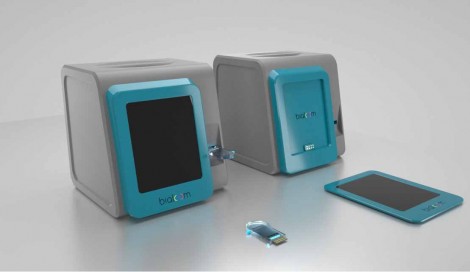
As he points out, with aggressive bacterial infections and even aggressive viral infections, it’s vital for doctors to be able to get evidence on the clinical condition of the patient within minutes. It's not just about being positive or negative, it’s more about having clinical evidence covering multiple parameters that show the clinician exactly how to treat the patient and enable effective monitoring and follow up. With Bialoom’s technology, this can be frequently done with a minimum sample volume, which avoids the need for repeated blood drawing that with some patients is practically impossible to do.
In terms of in-house vs. outsourcing, the company is aiming for a hybrid business with the silicon nitride chip manufacturing and microfluidic manufacturing outsourced and the biotechnology, electronics and software development remaining in-house.
Dimitris is aware that being a pioneer has its drawbacks in that bringing a new technology to a new market inevitably results in supply chain challenges - not just finding the right foundries to do the silicon nitrate but also the packaging, testing, and dicing. As they move forward, they will have to look deeper into the supply chain to determine exactly what is available in the market. In this respect, a critical point for Bialoom will be functionalization of the chips i.e., the challenge of functionalising locally and selectively in high volume production runs. Although machines and equipment are currently available able to do this, they are still quite expensive.
Of course, in the area of deep-tech, things frequently change, and it may be necessary to pivot to different applications. But for Dimitris, whatever happens, an important measure of success will be Bialoom’s ability to stay as a united team and to continue learning and enjoying working together.
If you started again, what would you do differently?
“Regarding the company, I’d do some things and take some decisions faster. I’d definitely take the entrepreneurial path earlier, although, on the other hand, all the years I spent in academia and research gave me the experience and the technical and scientific knowledge I needed to set up Bialoom and develop the technology.“
“A few years back, I did a course similar to a mini-MBA provided by EITHealth focusing on entrepreneurial ventures in the field of health care, which was really pivotal changing my mentality. If I started again, I’d try to find the money to do a fully-fledged MBA as the knowledge and contacts would be very useful for developing the business side of the company.”
What are your words of wisdom for the next generation of entrepreneurs?
“First, you need to be prepared for a long journey with many ups and downs, which means that you need to have, or develop, quite strong as a character to be able to survive, sometimes the last key opens the door and in a start-up venture there are many keys to try.”
“Second, the other key to surviving this long journey is to build a strong team with people you can trust, who are open, able to share things and be good team players, and it’s important to be selective in who you pick right from the start.”

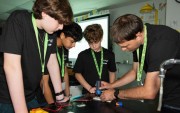


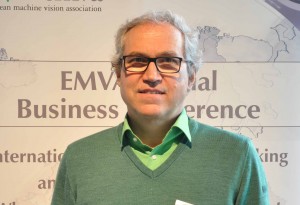
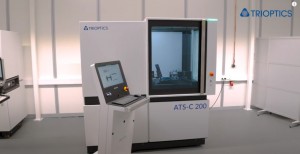






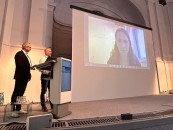

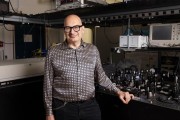



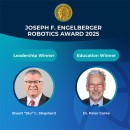

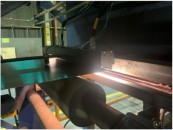

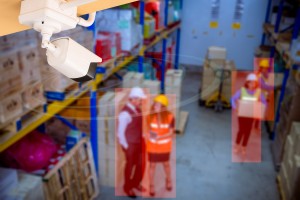


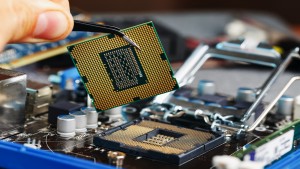

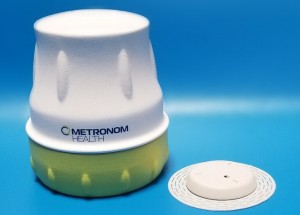
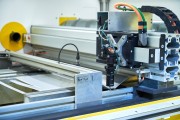

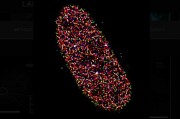
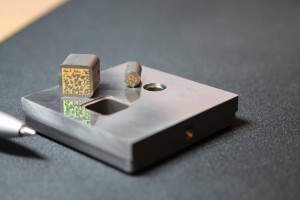

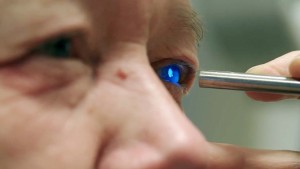
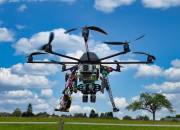
 Back to Features
Back to Features